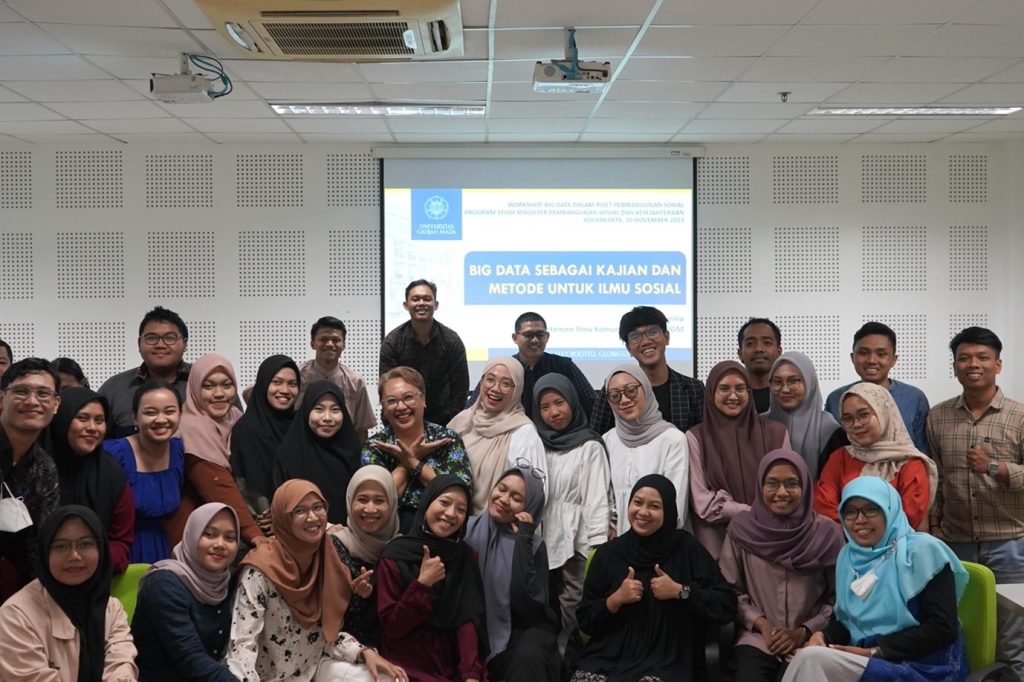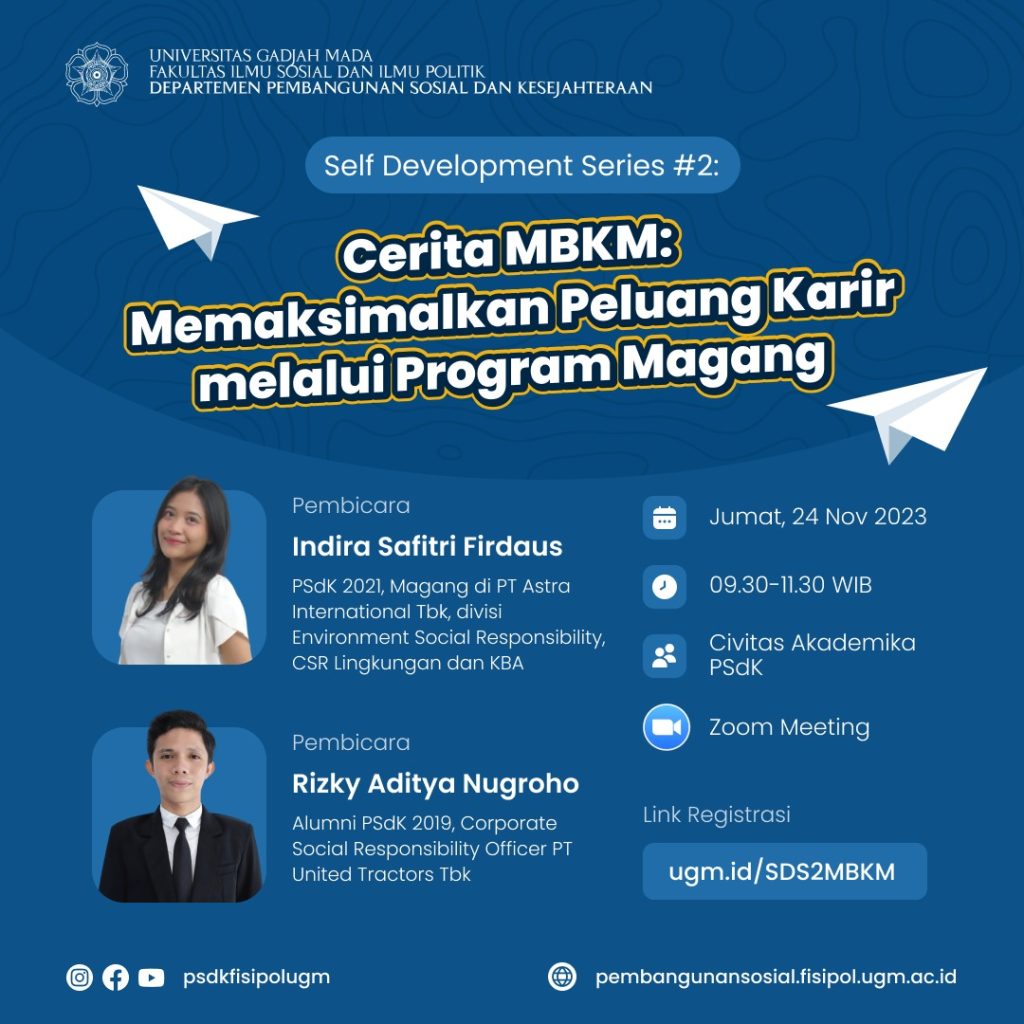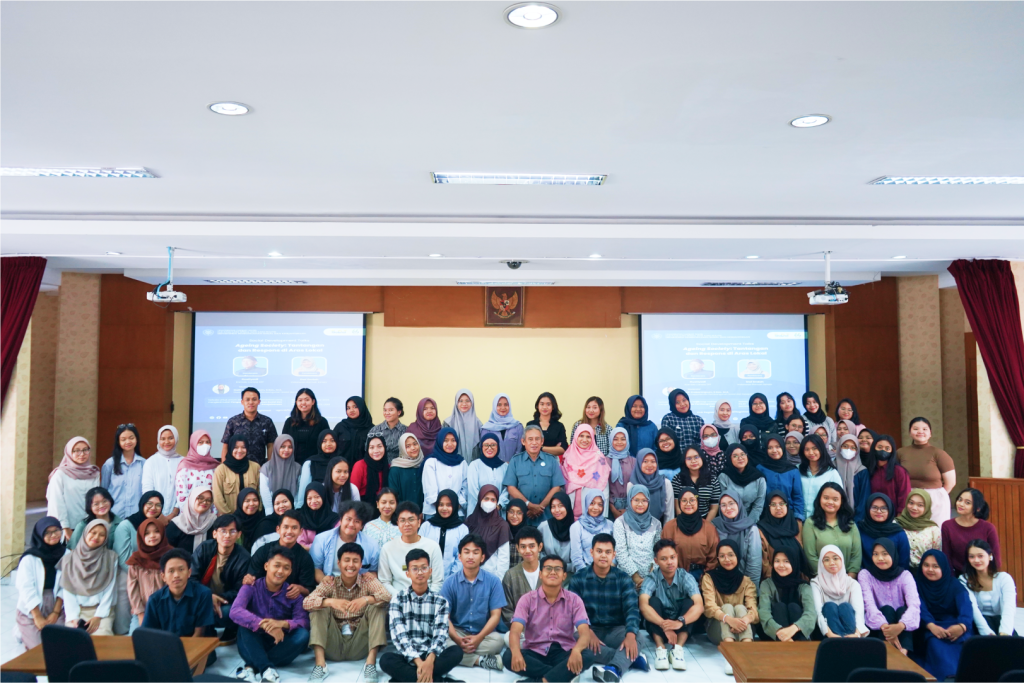Matahari Farransahat, Risa Bhinekawati, dan Evelyn Hendriana
Journal of Indonesian Economy and Business, Vol. 36, No. 3
Page: 215-233 | Published online: September 2021
Abstract
Introduction/Main Objectives: This study evaluates the role of a large university in developing the social entrepreneurship capabilities of its students and fresh graduates through its business incubator; and investigates why tenants choose to be or not to be social entrepreneurs after their incubation process. Background Problems: There are many discussions about university-based incubators for developing entrepreneurship, but the actual mechanism of how these incubators develop social entrepreneurs is still unknown. Novelty: This research explores the development of social entrepreneurship through the university-based incubator program. Hence, it can be used to provide best practices for the program, especially for developing the tenants’ capacity. Research Methods: This study applies a case study approach and adopts Amartya Sen’s capability approach as an evaluative framework. The C-Hub UGM was chosen as a case since it was selected as a good example of a social entrepreneurship incubator by the British Council. This research used three sources of evidence: documents, interviews, and focus group discussions to collect information from 14 of the incubator’s tenants. Finding/Results: The results reveal that the incubator serves as a hub for the resources that enhance the tenants’ personal conversion factors and their performance as agents for change. Subsequently, the incubator improves the tenants’ social entrepreneurship capabilities set; however, it is up to the tenants to choose whether they want to continue as social entrepreneurs or work in other roles as their functioning. Conclusion: This study illuminates the linkages among the concepts of the capability approach, the university-based incubator and social entrepreneurship. It reveals that the university-based incubator serves as a hub for the resources that enhance the tenants’ personal conversion factors; thereby they can be effective social entrepreneurs.
Farransahat, M., Bhinekawati, R., & Hendriana, E. (2021). The Role of University-Based Incubators in Social Entrepreneurship’s Development: The Capability Approach as an Evaluative Framework. Journal of Indonesian Economy and Business, 36(3), 215-233. https://doi.org/10.22146/jieb.v36i3.1741
Sumber publikasi dapat diakses melalui click the link here.







